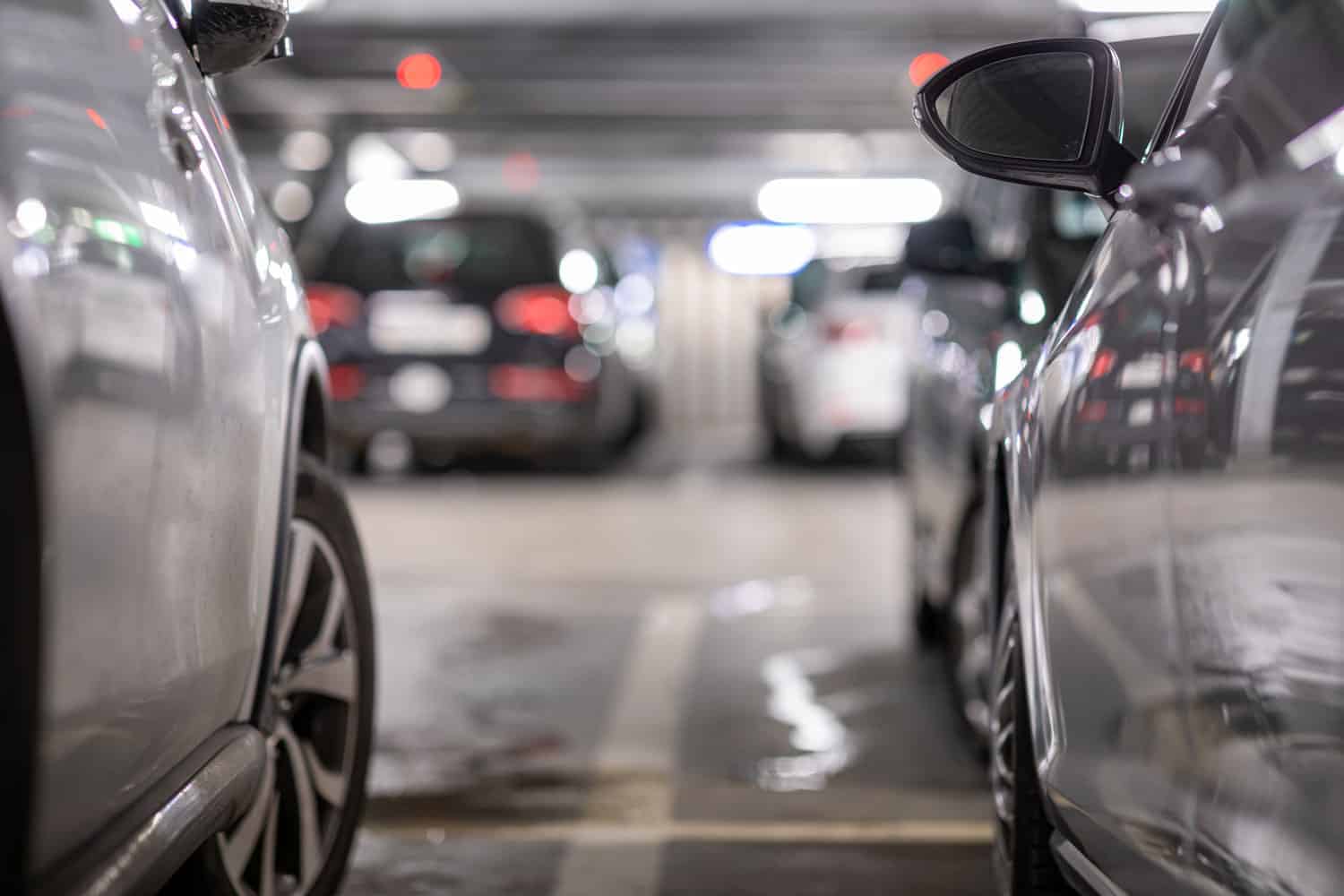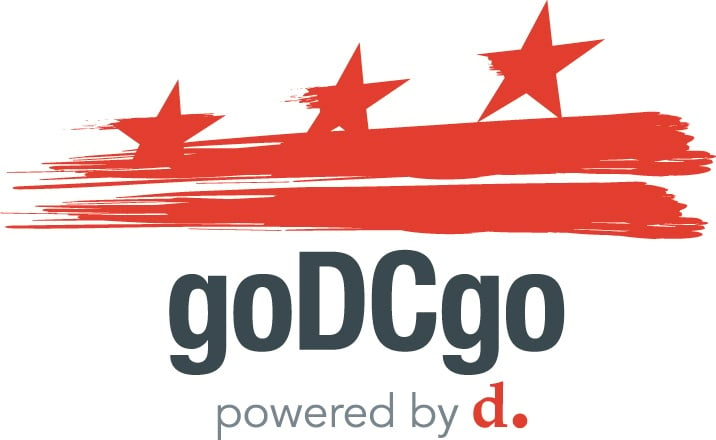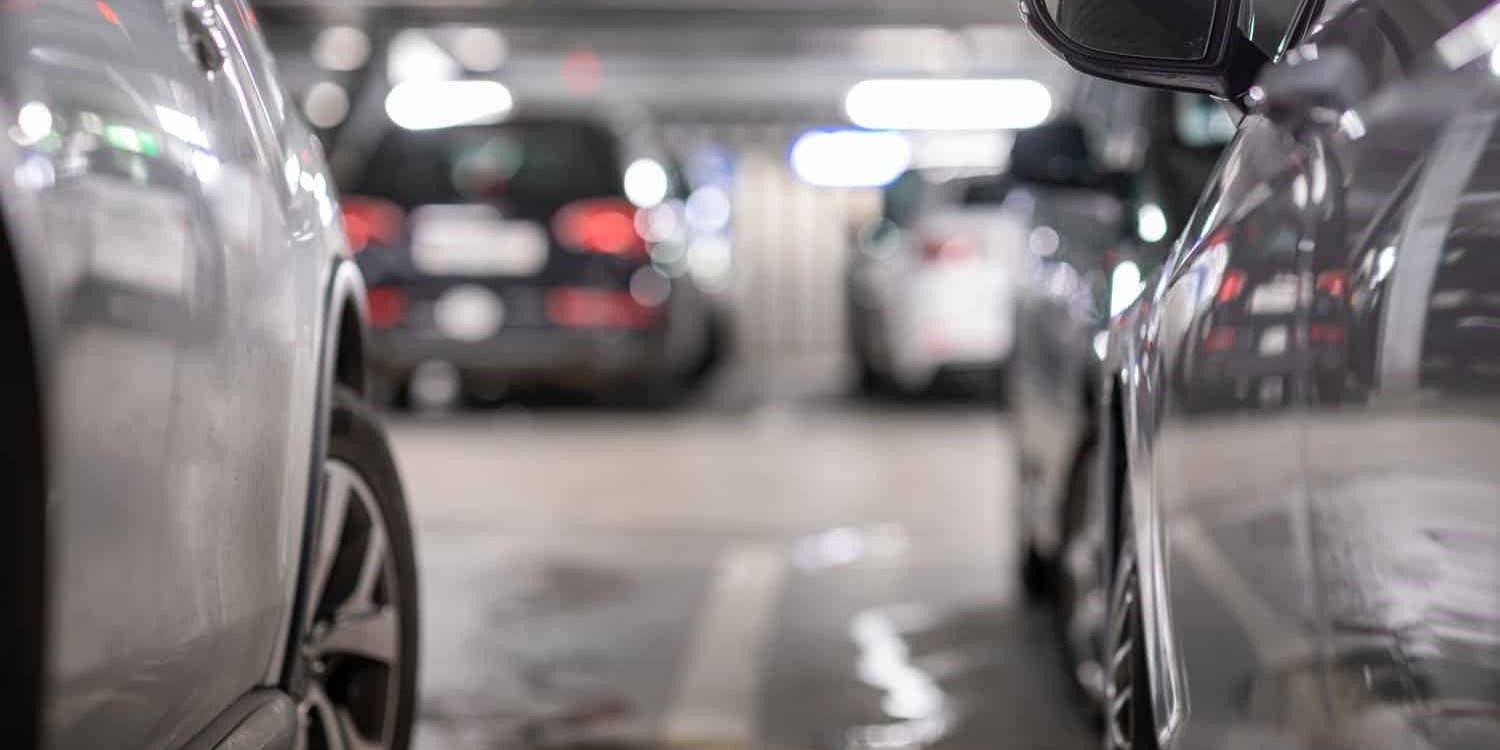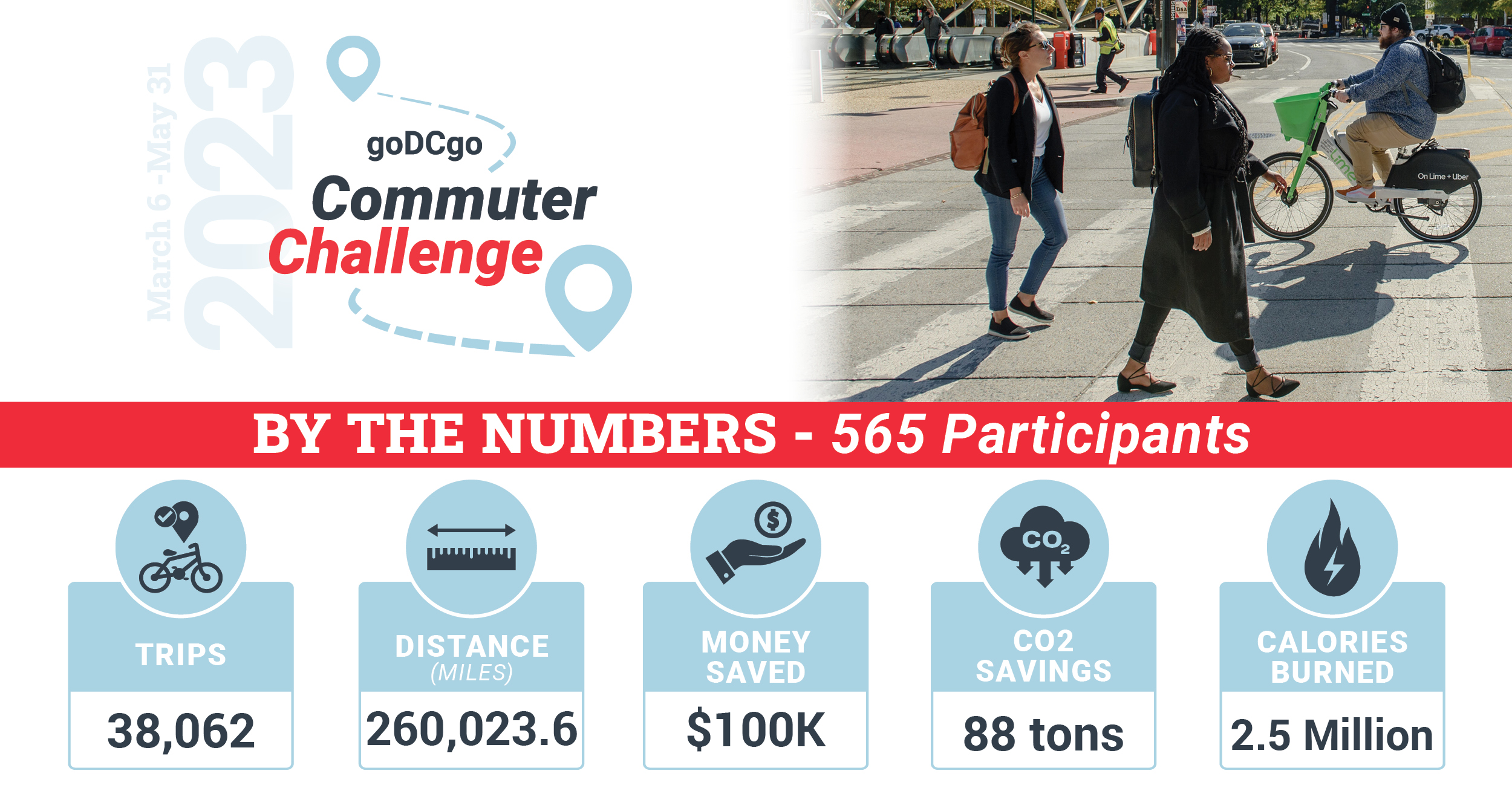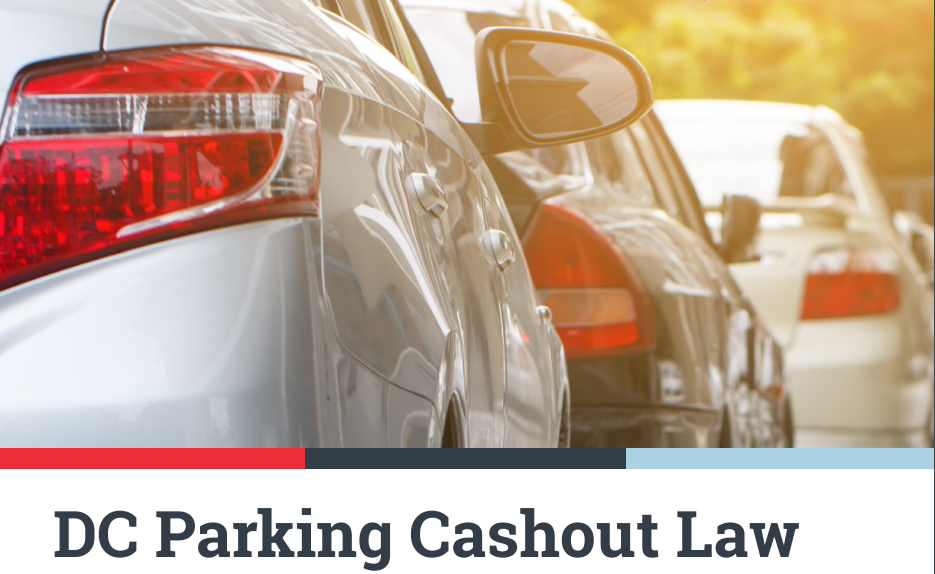To continue to improve air quality and traffic congestion in the District, the Transportation Benefits Equity Amendment Act of 2020, also referred to as the DC Parking Cashout Law, was signed into law by Mayor Bowser in April 2020. This law encourages sustainable transportation use and aims to reduce the number of commuters driving alone to work in the District. Read on to learn about the most important things you need to know about this law.
The Basics
Who Is Required to Comply?
DC employers with 20 or more covered employees that offer free or subsidized parking to their employees must comply with the law*.
*Note that even if you are not required to comply, you may still be required to report – see “Who Has to Report?” below.
Who Is a Covered Employee?
A covered employee is a part-time or full-time employee who works in a District of Columbia office or those on a hybrid schedule where at least 50% of their working time is in the District of Columbia. The District Department of Transportation (DDOT) has provided clarification that those that telework over 50% of the time (outside of the District) are not considered covered employees.
Who Has to Report?
District employers with 20 or more covered employees, regardless of whether they offer a parking benefit, need to submit a report to DDOT detailing how they are complying or if an exemption applies.
Who Is Exempt?
- Businesses that owned (and continue to own) their parking before October 1, 2020
- Businesses that are under a current parking lease that began before October 1, 2020 are exempt until the lease terms are up (regardless of possible extensions)
- Hospitals and universities with pre-existing Campus Plans (with two key exceptions: if hospitals or universities build outside of an existing campus plan, such construction will have to comply with the law. Additionally, upon the expiration of their campus plan, universities and hospitals will have to implement compliance measures).
- Businesses that do not offer free or reduced parking to their employees.
Compliance Options
Now that you know if you are required to comply with the law, it’s time to dive into the compliance options you can choose from. You only need to choose one option.
Option 1: Clean Air Transportation Fringe Benefit (aka Parking Cashout)
This compliance option requires employers to offer employees the option to receive a Clean Air Transportation Fringe Benefit equal to or greater than the market rate of their parking spot in exchange for their parking benefits. In simple terms, you’re giving them the option to trade in their parking benefit for vanpool/transit benefits and/or cash.
Option 2: TDM Plan
This compliance option involves developing a Transportation Demand Management (TDM) plan for your office. The TDM plan must list strategies and a timeline for reducing the number of employee commute trips made by car by at least 10% from the previous year, until 25% or less of employee commute trips are made by car (including for-hire vehicles).
Note: Your TDM Plan is subject to DDOT review and approval; revisions may be required after the reporting deadline has passed.
Option 3: Clean Air Compliance Fee
Employers who choose not to implement the first two options can still comply by paying a Clear Air Compliance Fee of $100/per month for each employee who is offered a parking benefit.
Compliance Tip: Discontinue Free or Subsidized Parking
By discontinuing free or subsidized parking, you remove the criteria that requires you to comply with the law and can report an exemption instead. Out of all the options, removing parking benefits is the quickest and most cost-effective way of complying with the law.
Note: If you choose this option, you still need to report your exemption to DDOT every two years.
Check out our DC Parking Cashout Law Toolkit for more information on compliance options and how to implement them.
Reporting
Every two years, District employers with 20 or more covered employees will need to submit a report to the District Department of Transportation detailing how they are complying with the law or if an exemption applies. Reporting requirements differ by compliance option and exemption. For example, the TDM Plan compliance option requires yearly reporting. Check out page 9 & 10 of our DC Parking Cashout Law Toolkit for more information on reporting.
All those required to report must use DDOT’s reporting system to submit their compliance or exemption information. Check out our reporting tutorial blog to better understand how to use the reporting system.
Frequently Ask Questions
What if I have over 20 employees but don’t offer free or subsidized parking?
You will need to report an exemption (that you do not offer a parking benefit) to DDOT every two years.
I have over 20 covered employees but I only offer 10 of them a parking benefit. Do I have to comply?
Yes. Regardless of the number of employees offered parking, you are required to comply if you have over 20 covered employees and offer a parking benefit.
Is offering pre-tax parking benefits considered a parking benefit that triggers compliance?
No, offering pre-tax parking benefits does not count as free or subsidized parking.
Is offering a subsidy through SmartBenefits to park at a Metro station considered a parking benefit that triggers compliance?
No, offering a subsidy for transit or parking at Metro stations does not count as free or subsidized parking.
If an employer offers telework to its employees on a hybrid basis, or is considering doing so, do we still need to comply with this law?
Yes. If you are in the process of restructuring benefits, the TDM plan may be a suitable compliance option.
If we already offer a transit subsidy, do we have to comply?
Offering a transit subsidy doesn’t automatically make you compliant. You will need to meet all the requirements of compliance option 1, making sure the transit benefit is equal to the market value of the parking spot. If they will not use the full amount of the benefit for transportation expenses, the law states that employers must make up the difference through additional compensation, increased contribution to health coverage, or a combination of both.
Are teleworking employees considered covered employees?
It depends. They would be a covered employee if they meet either of the following:
- They telework 50% of the time or less and report to a DC office when not teleworking
- They telework more than 50% of the time and live in DC.
Employees that telework more than 50% of the time and live outside of DC (ex: Virginia or Maryland) are not covered employees.
Who is required to take the commuter survey that’s needed to complete the TDM Plan compliance option?
Distribute the survey to all employees. The survey will ask questions that determine the status of an employee (covered/not covered). However, only employees that are considered “covered” will be included in the final commuter survey analysis. See “The Basics” for the definition of a covered employee.
If we have fewer than 20 covered employees is there anything we need to do to report/certify that?
No, you will not need to report to DDOT.
What if we have over 20 covered employees and offer a parking benefit, but entered into a parking lease prior to October 1, 2020?
Once your lease expires, you must become compliant with the law. In the meantime, you’ll need to report your exemption through DDOT’s reporting system.
Have a question that isn’t listed above? Check out our complete list of Frequently Asked Questions regarding the law.

